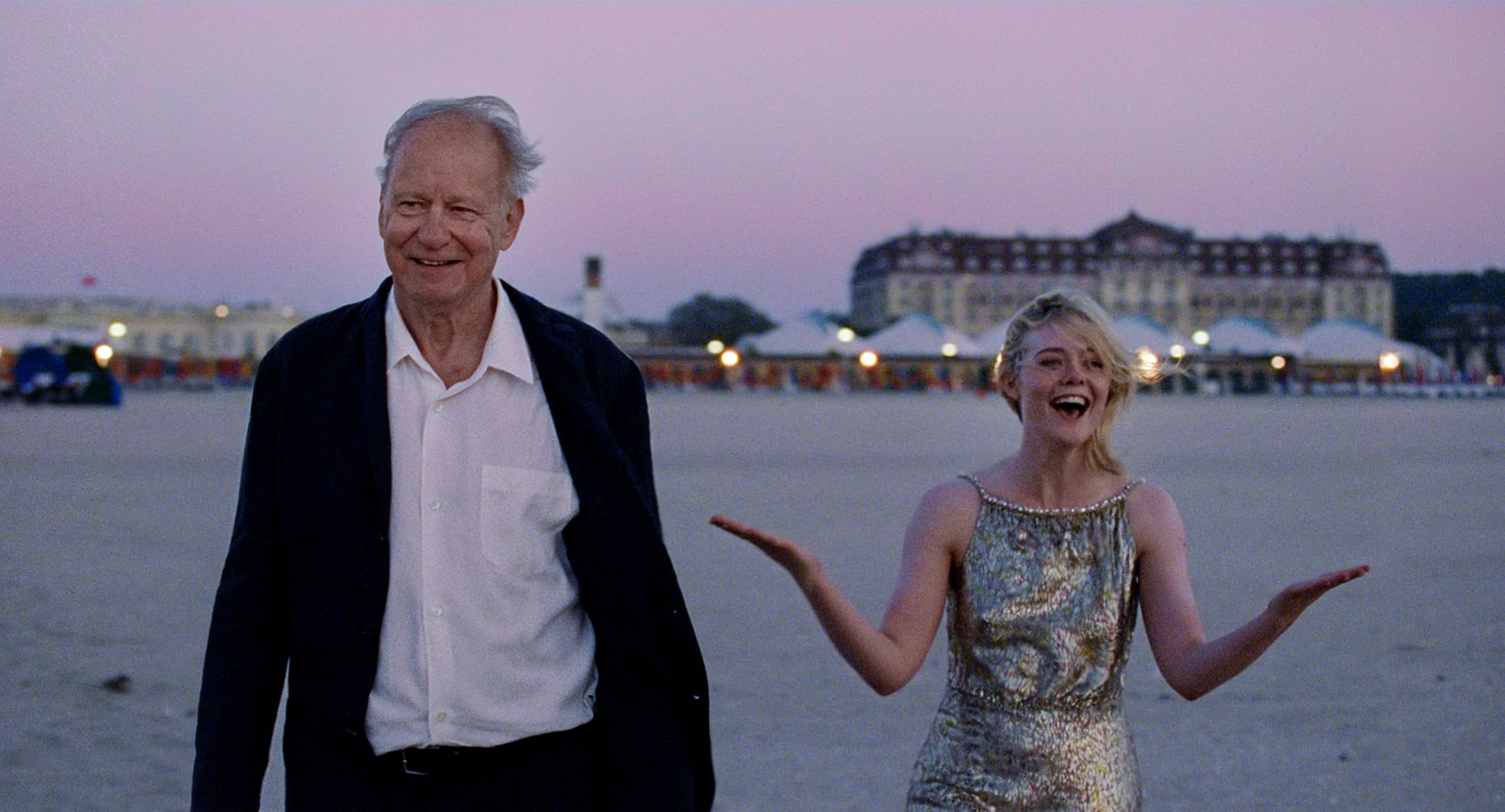Sentimental Value





Film
You'd have to imagine that following up a film widely regarded as a masterpiece is a pretty tall task. The crushing expectations of the audience, not to mention one's own self-imposed lofty aspirations, are likely suffocating. Thinking about this makes for a slightly funny if not poetic interpretation of Gustav Borg (Stellan Skarsgård), an absent father to his two daughters Nora (Renate Reinsve) and Agnes (Inga Ibsdotter Lilleaas), and a once critically acclaimed director who hasn't made a film in 15 years. In fact, he's fresh off a retrospective on his prior films at a French film festival, one of which Rachel (Elle Fanning) calls a masterpiece through teary eyes. This, of course, all taking place within Joachim Trier's Sentimental Value adds a dose of meta commentary on his own prestigious career. Trier's last film, The Worst Person in the World, was a tremendous success, becoming one of the highest regarded films Trier's made, let alone that year. But Sentimental Value isn't about a director trying to revive his career. Well, it kind of is. It's also kind of about family trauma, relationships between sisters and daughters, and identity; in fact, Sentimental Value is kind of about a lot of things, but Trier's writing and direction keep the sprawling film focused, and the perfect follow-up for the acclaimed filmmaker.
While Sentimental Value possesses all the qualities of a classic drama centered on an absent father's reemergence into his child's lives, Trier isn't a writer or director who descends into tropes or cliches. When the distant Gustav returns to the family house after his ex-wife's passing, he offers the lead role in his new movie to Nora, claiming it was written specifically for her. But Nora's refusal and later citing an inability to communicate with Gustav as the reason for her reluctance opens the doors for the usual familial conflict dialogue. However, Trier wisely circumvents this by having his characters revel in silence or non-verbal acknowledgement. Rather than having a shouting match between father and daughter, the slamming of a door, or whatever else one would attribute to the usual argumentative sequence, Nora and Gustav work through all of their transgressions with silence. A shared smile and a laugh between Nora and Gustav as the latter gifts inappropriate movies to his grandson, or the two having a silent smoke break, are moments that normally would feature explosive dialogue. Yet Trier's insistence on his characters operating through their conflicts through silence roots his film, and performances in a grounded reality that makes the Borg family feel so much more real.
Beyond the family, Trier's work is clearly influenced by Ingmar Bergman's Persona and its Jungian ideas surrounding identity. Nora's refusal to play the role in Gustav's movie results in his friendly, if not father-daughter-esque, relationship with Fanning's Rachel Kemp, an influential American actress who loves his films. Gustav offers her the role, and within her fears of not being able to give enough to the character, Rachel dyes her hair the same color as Nora and even tries a matching accent. Is this another instance of self-imposed expectations for the sake of art or Gustav's attempt at replacing his daughter? Nora isn't excluded from the maelstrom of personal identity either. She voices her disdain for Gustav and his infidelity with her mother, yet she's sleeping with her stage production's co-star Jakob (another frequent collaborator of Trier's in Anders Danielsen Lie), who's married. Trier's rich characters blend in a mix of morality and attempted reconciliation in an entrancing way, finding something new and interesting at every turn, but also nothing they do feels out of touch. The Borg family, their crises, and attempted solutions feel like logical steps for them, and their relative performances match the artistic direction Trier employs.
Reinsve is the clear lead and provides a sensational performance. While she delivered clear-cut career-defining work in The Worst Person in the World, winning Best Actress at Cannes, her performance in Sentimental Value is possibly better. The nuance of her emotion, her chemistry with Stellan, Inga, and Elle, and her delivery of the same monologue Rachel gives, but in Norwegian, all prove her sensational capabilities. Skarsgård equally turns in a stunning performance, again making an argument for a career-best in what has been a long and storied career. But it all hinges on Trier's stunning ability to write and direct such realistic and interesting characters. The final result is a phenomenal follow-up to his equally great prior film, and an emotionally resonant story about family, forgiveness, and the power of art.
Froth
Going back to my roots with this one, a pairing based on name more than anything, I think that Single Hill Brewing's Six Sisters is the perfect companion for Trier's breathtaking work. Ultimately, I found Sentimental Value operating as a film about sisters, Nora and Agnes, and their unique experiences with their father, as one of the most impactful views of the film. Luckily, there's a beer for sisters out there! Ignoring the fact that this film only has two sisters (you can't win 'em all) the Six Sisters IPA is a sensational piece of brewing. Incredibly dank with a touch of fruity citrus, the aroma is strong for sure, but along with its light-yellow hazy appearance it makes for a tantalizing pour. The taste exhibits flavors of cherry, earthiness, lemon, and grapefruit while boasting that fresh hop dankness that brings in some extra pine and resinous notes. Overall, the Six Sisters is a total blast, a great smelling, tasting and looking beer that checks all the boxes.










